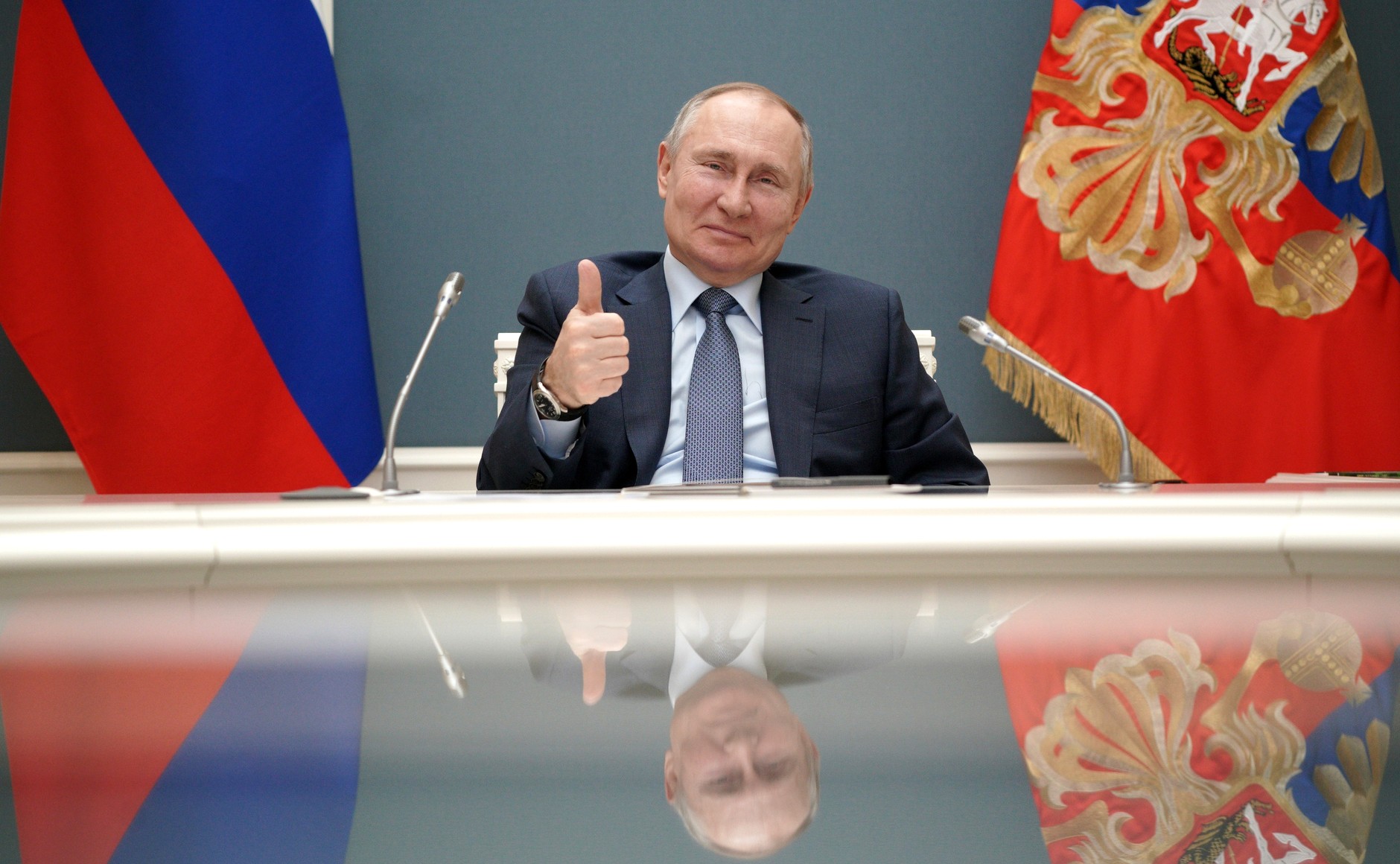Prigozhin’s march didn’t scratch Putin, that’s why. Pelanda speaks

Despite Prigozhin's rebellion, Putin's regime remains strong and the war in Ukraine continues. Startmag conversation with Professor Carlo Pelanda
Despite Prigozhin's half-coup , the Russian regime is stable, with power firmly in Putin's hands. This is the assessment of Carlo Pelanda , analyst, essayist and professor of economic geopolitics at the Guglielmo Marconi University, who, in this interview with Start Magazine, explains why, in his own words, "the regime … remains strong and the war in Ukraine continues”.
What did Prigozhin's “march” suggest to you?
Basically it was a conflict between Wagner and the institutional military apparatus. Prigozhin's move was specifically aimed at replacing the Defense Minister and Chief of Staff and did not have a broader purpose. Then something happened whose contours we still don't know and the rebellion was absorbed. So we are dealing with an event with much less impact than it appeared in the first moments.
Is the regime unstable in your opinion?
Let's say that you see some fractures but they are below the destabilization threshold. The regime therefore remains strong and the war in Ukraine continues.
So is Putin's power secure?
Let's say that when the Red Army is with him, the regime is stable. Those who carry out a systemic analysis must ask themselves: "Is Putin's regime stable or unstable?" To this question I would answer that it is no longer as stable as it once was but it is not unstable either.
So are the analysts exaggerating that Putin's power is faltering?
Let's say they go halfway overboard. There have been cracks in the regime, but we have known this for quite some time. But these cracks, at the moment, are not such as to predict an implosion of the regime itself. This is also because the regime enjoys strong support from Beijing, which greatly fears scenarios of chaos in Moscow, in a position symmetrical to that of America which, together with its allies, took great fright when they saw that an armored column of the Wagner was 200 kilometers from the capital. Indeed, they feared that something worse than Putin would emerge.
In fact, it seems that Washington somehow got in touch with Moscow in the feverish hours of the coup.
Certainly. Channels between secret services are always open and everyone talks to everyone.
This despite the war, the tensions, the mutual expulsions of diplomats accused of being spies and all that?
Every state has a very private intelligence structure that is tasked with talking to everyone.
Could these contacts then give hope for the opening of negotiations to end the conflict in Ukraine?
No, this is an illusion. It's one thing to talk to everyone, it's one thing to agree. Usually we talk to avoid worse troubles, but this does not mean that we arrive at convergences. Among other things, Moscow needs to continue the war and certainly cannot accept a possible defeat. In this phase, Russia needs to communicate its red lines, crossing which could also lead to nuclear confrontation.
That is, if the West or Ukraine takes a wrong step, will escalation be triggered?
There is this risk. Russia has made it clear that its borders plus the occupied territories must be considered inviolable. If someone attacks these lines, the defense could be nuclear. In fact, the allies are placing very strong limits on the Ukrainian counter-offensive. To appease Ukraine, they offer the prospect of joining the EU and then perhaps NATO, in view of which a partnership is being offered in the meantime and then the supply of ever more advanced weapons, including an air force that is competitive with the Russian one. Let's say the effort to support Ukraine's defense is unlimited, but the support for Ukraine to win this war is very limited.
So this is an unwinnable war?
Let's say that, from the point of view of the allies, victory has already been achieved. Russia has in fact failed, despite the asymmetry of the balance of power, to overwhelm Ukraine, furthermore Sweden and Finland have practically joined NATO, therefore the western alliance can be considered victorious. Every step further carries risks. This is why NATO says it is not at war with Russia, and that there is only an economic and diplomatic war. There is no NATO engagement to destabilize Russia.
Meanwhile, however, the conflict continues.
Certainly. Indeed, if the war continues, Ukraine cannot join NATO. Moscow has every interest in continuing friction with Ukraine to keep it in a state of war, and to demand, in the event of negotiations, that it remains outside NATO as a buffer state, disarmed and neutral. Which, by the way, will not happen.
This is a machine translation from Italian language of a post published on Start Magazine at the URL https://www.startmag.it/mondo/russia-putin-potere-carlo-pelanda/ on Sat, 01 Jul 2023 05:27:06 +0000.
